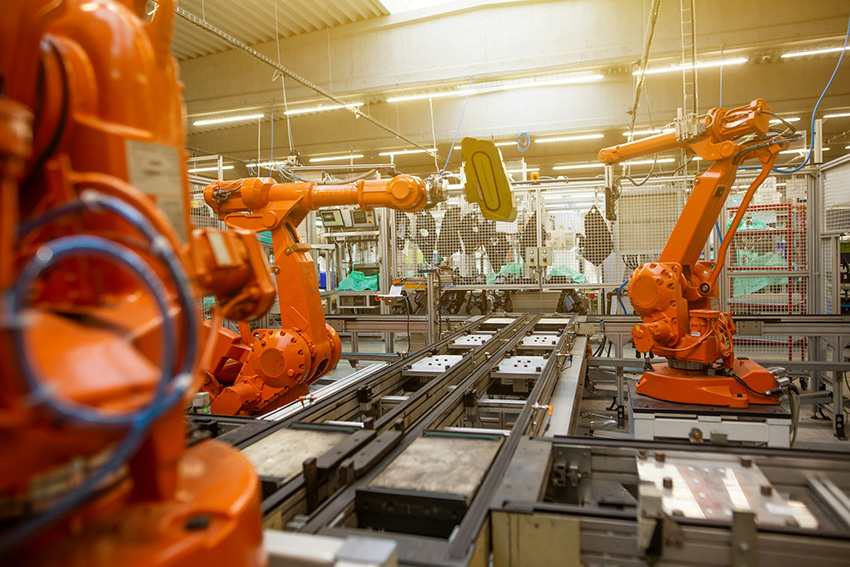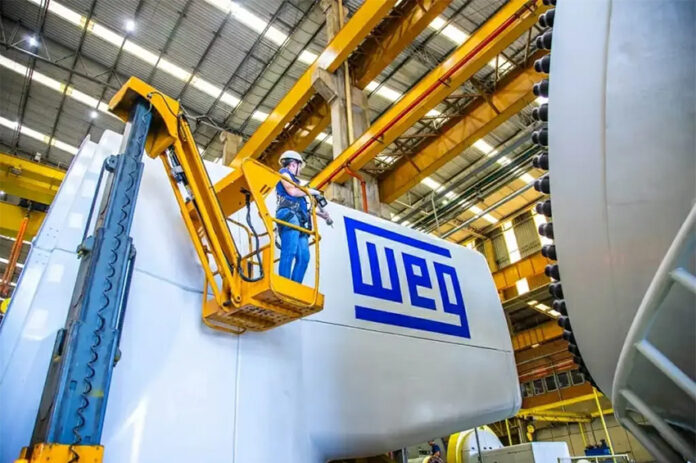Brazilian company WEG, known for manufacturing electric motors, transformers and industrial equipment, is accelerating its expansion in Mexico in direct response to the new tariffs imposed by the United States government on industrial products originating in Brazil.
The U.S. hit the South American country with a 50% tariff, one of the highest in the world. This has led WEG to relocate part of its production to Mexico, which maintains preferential access to the North American market under the USMCA free trade deal.

“We’ve been working to accelerate capacity investments in Mexico,” Chief Financial Officer André Luís Rodrigues said in an interview. “We don’t see this situation lasting for a long period, but it’s hard to say when it will be reversed.”
Rodrigues said in July that the company had been diversifying its production geographically since before Trump’s first term, allowing it to reorganize its export routes. He explained that part of its Mexican and Indian production would cover demand in the U.S. market, while Brazil will serve other markets.
“We can reallocate our export losses. We can use Brazil to meet demand from Mexico and India and use production from these countries to serve the American market. It is an execution that can take a few months and, after all this change, we hope that we can mitigate most of these impacts,” he said.
The Brazilian company already has a plant in Atotonilco de Tula, Hidalgo. In January, it opened a new facility that spans 640,000 square meters, aimed at increasing its production capacity. This expansion involved an investment of over US $40 million.
WEG arrived in Mexico in 2000 as part of its international expansion strategy in Latin America. Over the years, the company has expanded its presence with five manufacturing units: two in Huehuetoca (motors and transformers), one in Tizayuca (power transformers), and two in Atotonilco de Tula, Hidalgo, dedicated to electric motors, industrial coatings and automation.
To date, the company has over 1.2 million square meters of surface area in Mexico, employing around 4,000 employees.
With reports from Solili, Somos Industria and Bloomberg
